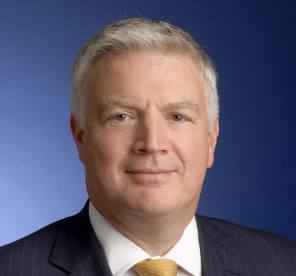

Around one in five (14 per cent) of non-retired people aged 50 plus with defined contribution (DC) or individual pensions have been approached by potential pension scammers, research has revealed.
A survey by Retirement Advantage, which polled more than 1,000 individuals, questioned respondents if they had been approached by telephone, text or email in the last three months by companies offering free pension advice or investment opportunities.
According to Andrew Tully, pensions technical director at Retirement Advantage, pension scams are one of the unintended consequences of the pension freedoms and three years on we are only just getting to grips with the issue.
He said: "Scammers are using increasingly sophisticated ways of conning people out of their money."
The government is working on introducing a cold calling ban, which could be implemented by June.
HM Treasury introduced a new amendment to the Financial Guidance and Claims Bill, stating that the regulations underpinning the ban on pension-related cold calls should be made by the secretary of state before the end of that month.
If the power is not exercised by June, the secretary of state for work and pensions, currently MP for Tatton Esther McVey, must explain to parliament why not.
The subject is expected to be debated in Parliament again today (27 March), as the Bill is now at report stage.
Mr Tully added that the ban "can't come soon enough and should send a clear message to consumers that unsolicited contact is going to be a scam".
He said: "The simple message should be, if it looks too good to be true, it almost certainly will be.
"If you have received unsolicited offers of a free pension review or new investment opportunities, simply delete the email or hang-up."
According to Paul Gibson, managing director of Granite Financial Planning, the ban on cold calling is welcome but only if publicised widely enough.
He said: "It (the ban) alone won't prevent scammers who increasingly will use other methods to extricate wealth form others.
"A good way for an individual to protect themselves would be to take advice from an independent financial adviser."
Some experts have warned that the cold-calling ban will not stop pension scams.
Michelle Cracknell, chief executive of the Pension Advisory Service (Tpas), has received "increasing evidence" that consumers are being contacted in other ways.
New tactics include contacts via social media, including Linkedin, as well as from existing working relationships, for example with a payment protection insurance claims company.
maria.espadinha@ft.com



